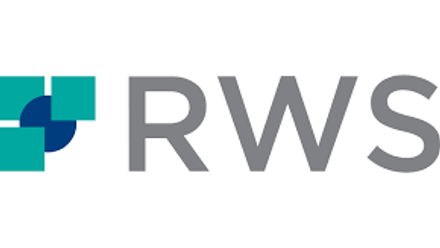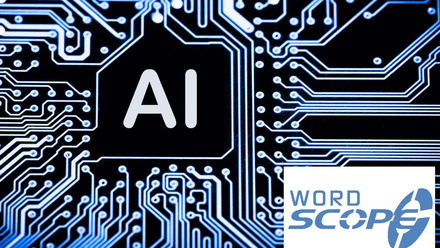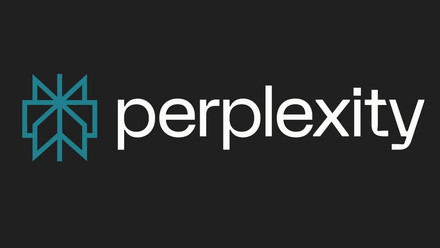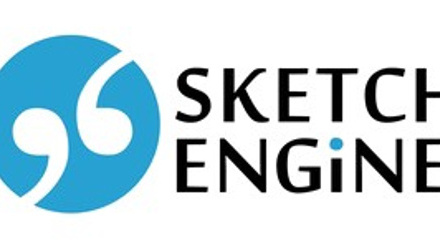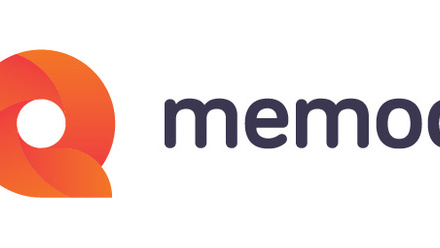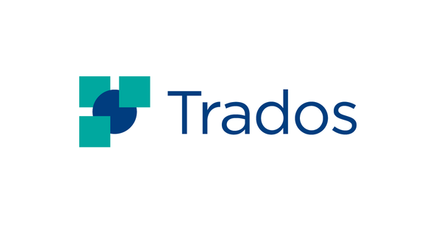What sets us apart: risk, ethics and expertise in translation
Sara Robertson reflects on how risk management, the ethical dimensions of human translation, and the value of specialised knowledge set us apart, and how they will shape the success of professionals working in the sector
I've been pondering on the recent conversation I had with Martin Calvert, host of the ICS Digital Podcast – Everything Digital. In the episode Human vs Machine Translation, Ethics in Linguistics and Global Growth, we explored a range of topics but three particular strands of discussion seem to have struck a chord with listeners. Let's take a closer look at each of them.
The critical role of risk management
This might have to be confession time: as someone who has worked in a number of sectors I'm fascinated by how different organisations approach risk. In architecture—my original professional—risk management is embedded in everything we do. From day one of architectural training, you hear scare stories about building failures and being sued by clients! Although you draw on knowledge and experience, every new building project is essentially a prototype, so you become very conscious that much of what you do revolves around risk management.
When I joined the language services sector I was surprised to find that translators and interpreters don't seem to like talking about risk. I think it's because translators are more focused on other issues, like quality. They really care about the output and ensuring that the translated text is as good as it can be. Above all, that it conveys the intended message as effectively as possible.
But here's the curious mismatch I've observed: while we're focused on quality, our clients, particularly in high-stakes sectors, are more concerned with risk. Yes, they want a high-quality result, but they are probably more interested in what could go wrong.
So my suggestion is that if we want to keep building language services as a global business, we need to talk the clients' language and express things in a way they understand. Otherwise, why would they buy our services? Being able to articulate how we identify, manage and mitigate risks is a powerful way to demonstrate our value.
The ethical advantage
It is almost impossible to escape the daily conversations about machine translation and generative AI. This is a hot topic in our sector, and rightly so. But when I think about this topic, a couple of recurring thoughts emerge.
On one level, there's simply good translation and bad translation, regardless of whether it was produced by a human or a machine (or a combination of the two). That's the quality aspect, which we can put to one side for the moment.
What interests me, and this is becoming increasingly important, is what differentiates humans from machines. Machine translation or chatbots will give you an answer, but the machine doesn't care about the answer. It's not an emotional being with judgment or the other human qualities we value, like empathy.
But more importantly for me, the machine doesn't have any sense of ethics; a chatbot is not an ethical creature. As professionals, humans working in translation and interpreting, we are ethical creatures by definition. We know when and why it's right to do things a certain way and not another. We know when to flag up to the client that there might be an issue with a text, for example when the language isn't inclusive when it should be.
So I hope that clients and stakeholders will come to recognise and respect our commitment to our professional principles that extend beyond just doing a good translation for the client, to producing a translation that serves broader interests at a societal level. And I believe that this ethical dimension is increasingly becoming a useful marketing tool for professional translators and interpreters. Our ethics and our humanity are what set us apart from the automated outputs. That's our unique selling point in a world where technology continues to advance.
Bringing valuable expertise to translation
One of the many things that has genuinely surprised and delighted me since joining the sector is the number of people who come into translation and interpreting as a second career. I've been intrigued by members who were previously solicitors, medics, or – in one case (that I know about anyway) – an architect like me. These career changers combine their language skills and their sector knowledge to excellent effect. And it's not just a matter of having the technical understanding and vocabulary (or what I might call the "bricks and mortar knowledge" in architectural terms) that makes them successful in their field. They also have the nuanced understanding of the business culture in their industry that allows them to genuinely and seamlessly speak the client’s language.
When they combine this rich experience with their language skills, they create an amazing service that they can offer to clients. They don’t have to learn about the client's business, they know the business because they did that business. And hopefully they have retained their passion for their sector and this will infuse their work.
This depth of subject knowledge and experience is something we should talk more about. I'm particularly fond of quoting the example of our ITI Chair, Nicki Bone MITI, who has a background in marketing but now focuses on high-end beauty and fashion, and particularly on luxury watches. I was deeply impressed when she spoke about making a fact-finding CPD trip to Geneva to visit watchmakers and update her understanding of the precision language of these precision objects. Now that may be a niche within a niche – but it is an excellent example of bringing specialised knowledge, and oodles of personal passion, to translation work.
Looking ahead
So, looking to the future, I believe these three areas – risk management, the ethical dimensions of human translation, and the value of specialised knowledge – will continue to shape the success of professionals working in this sector. And I’d also like to encourage ITI members and others to be more outward-looking, to stay curious, and to engage with technology in the hope that we'll be better positioned for whatever comes next. That's the approach that I believe will help us articulate and demonstrate our value more effectively in this rapidly evolving landscape.

